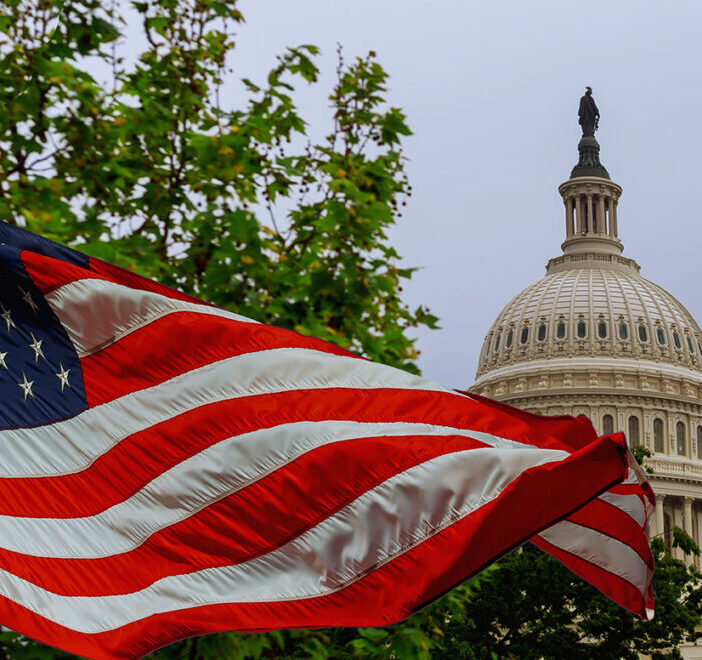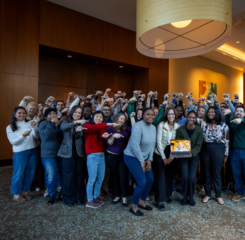On March 9, the Senate Special Committee on Aging held a hearing, “Uplifting Families, Workers, and Older Adults: Supporting Communities of Care,” which examined the economic benefit of investing in Medicaid home and community-based services (HCBS), improving the direct care workers shortage and the caregiver crisis. The witnesses provided testimony that highlighted the economic benefits of investing in Medicaid home and community-based services, and the direct care workers and caregivers.
Committee on Aging Chairman Bob Casey (D-PA) used the hearing as an opportunity to unveil a new bill, the HCBS Access Act, which includes an expansion of Medicaid HCBS sorely needed to ensure that older adults can receive services in the setting of their choice, and across the care continuum. The goals of the bill include eliminating waiting lists for HCBS for older adults and people with disabilities; ensuring all people receive the services they need to live in their communities; eliminating the need for state waivers to be eligible for Medicaid LTSS; supporting family caregivers and improving the capacity and quality of the direct care workforce. The bill would also require state HCBS plans to ensure a living wage for individuals furnishing HCBS.
The HCBS Access Act recognizes the role of direct care professionals, and it would help to alleviate the shortage of direct care professionals LeadingAge members are currently experiencing. The bill, which Chairman Casey specified is a companion to the Better Care Better Jobs Act, is an investment in better jobs for home care workers, better care for seniors and people with disabilities, and better support for family caregivers.
The bill incorporates provisions from proposals that LeadingAge supported from the last Congress, specifically, the Build Back Better Act, the Direct CARE Opportunities Act and the Supporting Our Direct Care Workforce & Family Caregivers Act. It provides $2 million dollars a year for 5 years, for the Administration for Community Living to establish a Technical Assistance Center for building the direct care workforce. It also allocates $1 billion dollars, over five years, for Direct Care Workforce Competitive grants. Eligible nonprofit entities could target the grants for recruitment, retention and training of the direct care workforce.
There are also several new reports required by the bill from the Secretary of Health and Human Service, including a report describing the national landscape with respect to the direct care workforce with details on compensation, benefits and challenges to the availability of such workers.
The HCBS Access Act is cosponsored by U.S. Senators Maggie Hassan (D-NH), Sherrod Brown (D-OH), Tim Kaine (D-VA), Kirsten Gillibrand (D-NY), Richard Blumenthal (D-CT), Peter Welch (D-VT), John Fetterman (D-PA), Jeff Merkley (D-OR), Bernie Sanders (I-VT), Tammy Baldwin (D-WI), Tammy Duckworth (D-IL), Elizabeth Warren (D-MA), Jack Reed (D-RI), Edward Markey (D-MA), Jeanne Shaheen (D-NH), and Patty Murray (D-WA). Representative Debbie Dingell (D-MI-6) introduced companion legislation in the House.
You can view the Committee on Aging hearing here, and you can read more about the HCBS Access Act here.

 Shutdown Week Three: Impact of Ongoing Closure on Affordable Housing
Shutdown Week Three: Impact of Ongoing Closure on Affordable Housing


